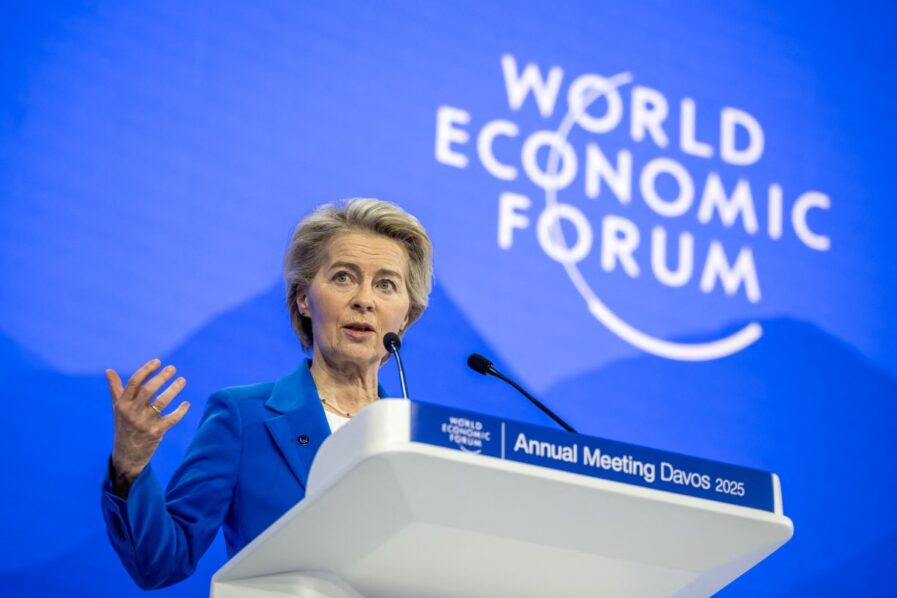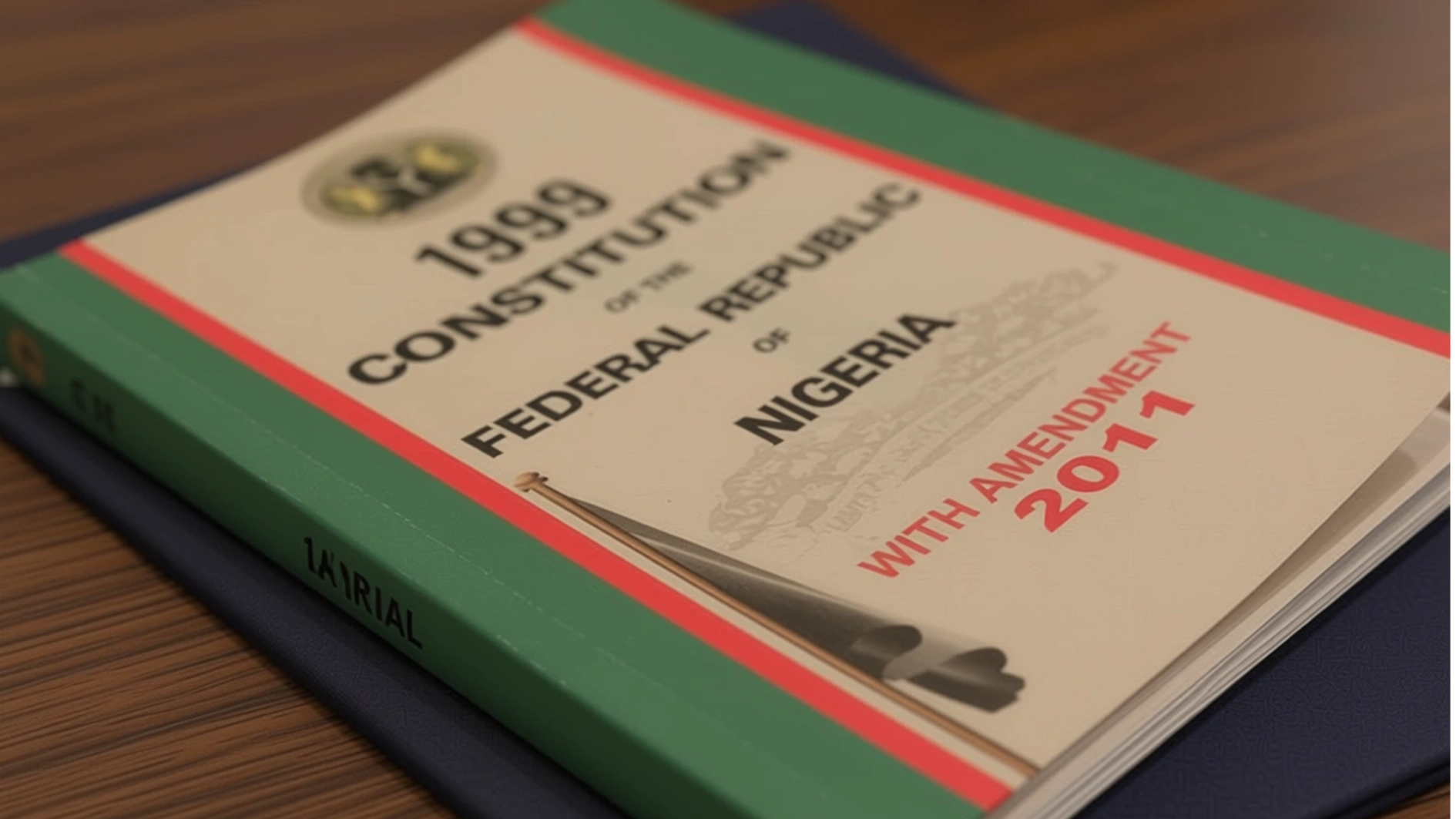 The World Economic Forum (WEF) annual meeting is always a key moment for global leaders, policymakers, business executives, and thought leaders to deliberate on the world’s most pressing issues. From January 20th to 24th, 2025, the picturesque Swiss town of Davos hosted these critical conversations. This year’s forum was especially pivotal as the world grapples with the escalating impacts of climate change, deepening inequalities, and the urgent need to accelerate sustainable development. Following the conversations and resolutions remotely, I observed a strong undercurrent of urgency and a renewed focus on collaborative action.
The World Economic Forum (WEF) annual meeting is always a key moment for global leaders, policymakers, business executives, and thought leaders to deliberate on the world’s most pressing issues. From January 20th to 24th, 2025, the picturesque Swiss town of Davos hosted these critical conversations. This year’s forum was especially pivotal as the world grapples with the escalating impacts of climate change, deepening inequalities, and the urgent need to accelerate sustainable development. Following the conversations and resolutions remotely, I observed a strong undercurrent of urgency and a renewed focus on collaborative action.
One of this year’s key themes, “Safeguarding the Planet,” wasn’t just a tagline but the central theme throughout every discussion. It was clear that attendees recognised the interconnectedness of the challenges we face. Climate change, nature loss, and energy transitions aren’t isolated problems; they’re intertwined and must be addressed holistically. The emphasis particularly struck me on integrated solutions. For example, the conversations around nature-based solutions, like reforestation, highlighted how these initiatives can simultaneously address climate change by sequestering carbon, enhancing biodiversity, and improving water resource management. This interconnected thinking seemed crucial for effective implementation.
Another key takeaway was the palpable sense of collaboration. The WEF Annual Meeting 2025 created a platform for diverse stakeholders – governments, businesses, NGOs, and scientists – to come together and forge partnerships. The understanding that no single entity can solve these complex challenges alone was clear. I followed discussions about creating collaborative ecosystems, and I believe that these partnerships will be essential for driving meaningful change.
Several promising implementation models emerged from the forum. Innovative financing mechanisms were a hot topic. Beyond traditional funding, there was significant interest in blended finance, impact investing, and carbon markets. These approaches aim to mobilise private capital towards sustainable projects, creating a win-win scenario for investors and the planet.
I was particularly interested in the discussions about developing standardised ESG (Environmental, Social, and Governance) reporting metrics. These metrics can play a crucial role in channelling investments towards truly sustainable initiatives.

Technological innovation was another recurring theme. From breakthroughs in renewable energy to advancements in sustainable agriculture, the potential of technology to accelerate our transition to a greener future is undeniable. Davos showcased some inspiring examples, but it also stressed the need for continued investment in research and development and creating environments that allow these technologies to scale. Fostering a culture of innovation and entrepreneurship seems critical for driving this technological transformation.
Finally, the human element was central to the conversations. Achieving a sustainable future requires more than just technological advancements and policy changes; it requires a shift in mindset and behaviours. Education, awareness campaigns, and community engagement were highlighted as essential tools for fostering a sense of shared responsibility. I was impressed by the stories of grassroots movements and individuals making a difference in their communities. Empowering individuals to become agents of change is crucial for driving the widespread adoption of sustainable practices.
Following the events remotely, I felt a sense of cautious optimism. The challenges are immense, but the collective will to address them appears to be growing. The key now lies in translating these discussions into concrete actions.
The challenges we face today are interlinked—climate change, inequality, economic instability, and technological disruption. Addressing them requires leaders who are willing to collaborate, innovate, and prioritise long-term solutions over short-term gains.
As we reflect on the conversations at Davos, one thing is clear: the world cannot afford to wait. Leaders must rise to the occasion, taking bold and inclusive steps to secure a resilient, equitable, and sustainable future.
Omiunu writes from Lagos






